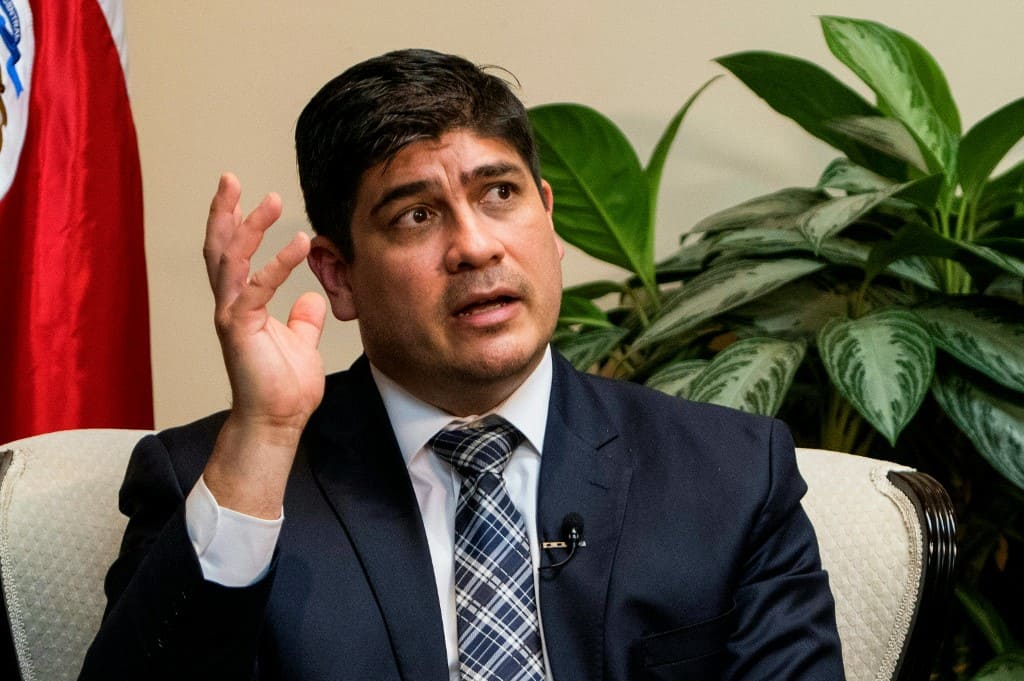The President of Costa Rica, Carlos Alvarado, announced Sunday that the Presidency will withdraw the tax measures it had proposed in context of the country’s negotiations with the International Monetary Fund (IMF).
In a nationally televised address, Alvarado said he “humbly welcomed the call of the democratic actors in our society,” though he decried the “violence and vandalism” reported during some protests.
Costa Rica seeks a $1.75 billion loan from the IMF’s Extended Fund Facility (EFF) to assure economic stability over the medium term. In order to obtain EFF financing from the IMF, a country must commit to significant fiscal changes.
To meet that requirement, the Presidency had introduced a series of spending cuts and new taxes, though critics said the initial proposal relied too heavily on the latter.
The tax changes would have increased dues on incomes and property, and would have levied a fee on bank transfers.
The leader of Costa Rica’s Legislative Assembly, Eduardo Cruickshank, was among dozens of lawmakers — and recently, hundreds of protesters — who argued the country should avoid raising taxes on individuals.
“Understanding the existing sentiment, but also the need to take action, the government will not go ahead with its initial proposal,” Alvarado said during Sunday’s address.
The President said he will seek “balance” as the government invites dialogue from various sectors to prepare a different proposal to present to the IMF.
Alvarado said Costa Rica has limited options and time to prevent a financial emergency, and that he will remain “personally involved” in the next steps.
According to the Finance Ministry, Costa Rica’s debt-to-GDP ratio in 2019 reached 58.48%, an indicator that grew 5.3 p.p. over 2018. While Costa Rica’s 2018 fiscal reform would have led to “fiscal sustainability in the medium term,” according to the Finance Ministry, the pandemic changed projections.
The Presidency says government income has fallen by 1.2 trillion colones in 2020 as unemployment has hit record highs.
The Finance Ministry predicts Costa Rica’s 2020 fiscal deficit will reach 9.7% of GDP, the highest such figure since the 1980s.






